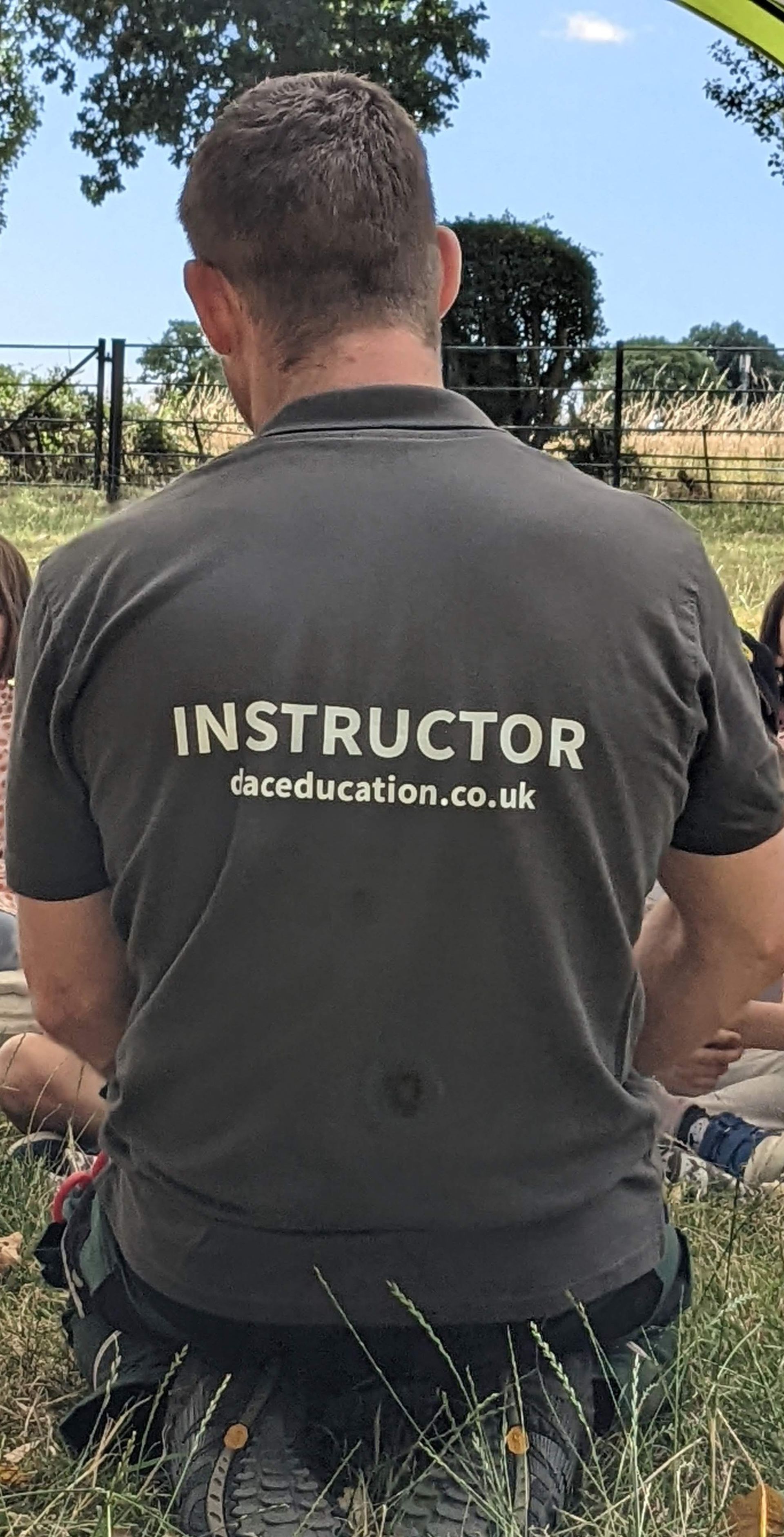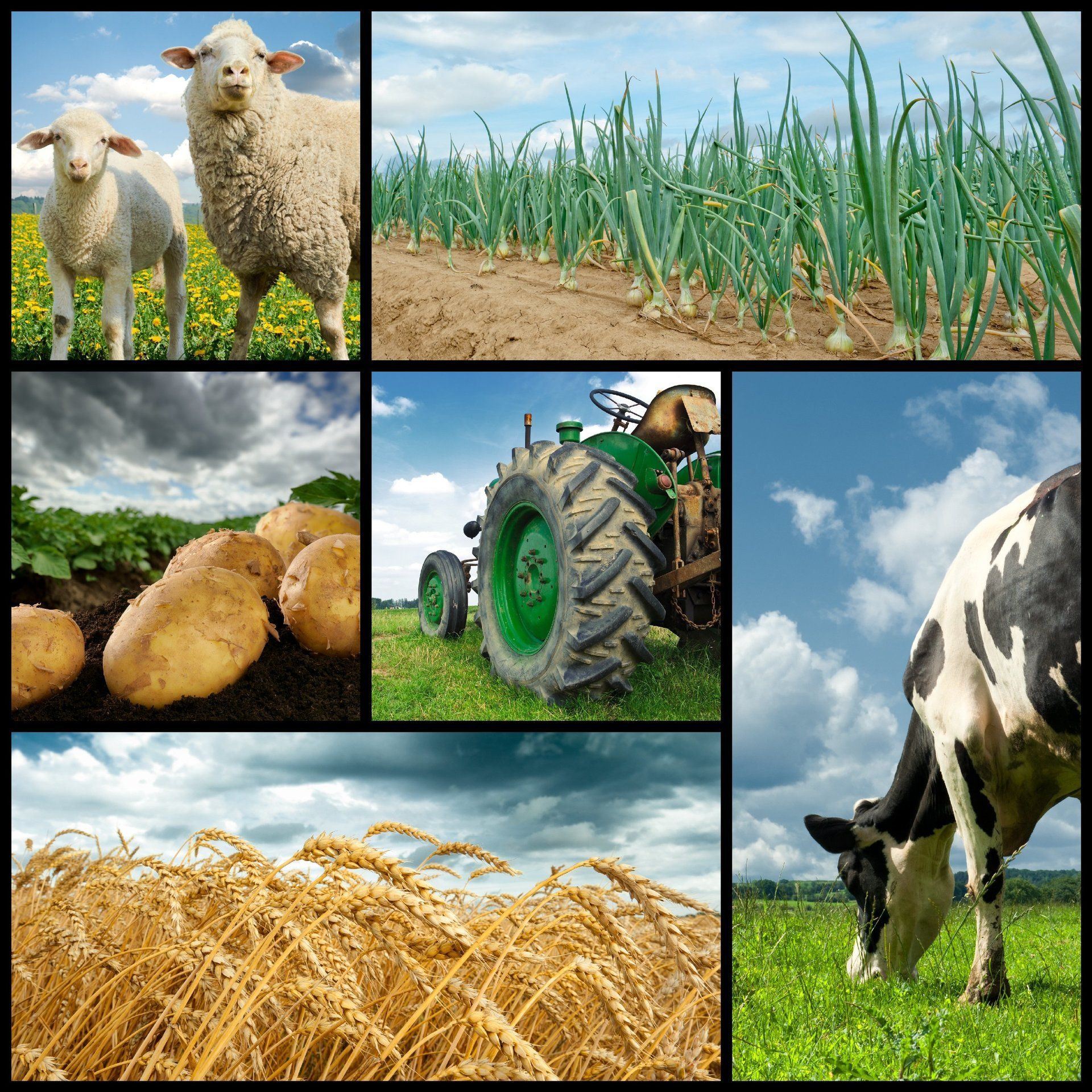Dealing with Panic & Anxiety Attacks
Bringing back the normal

A panic attack (also similar to an anxiety attack) is an episode of intense fear and anxiety often accompanied by physical symptoms. Most episodes last between 5 – 30 minutes although they can occur for longer periods.
Want to learn more?
During a panic attack, the body goes into “fight or flight” mode, which can cause distressing symptoms including:
• Sweating
• Trembling
• Palpitations
• Shortness of breath
• Chest pain
• Dizziness
• Hyperventilation
• Sickness
This is not an exhaustive list of panic attack signs and symptoms, as these will vary between individuals. The symptoms often gradually resolve as the panic subsides.
Panic attacks may have certain triggers. For example, patients who have a phobia (a strong fear of something) may experience panic attacks when exposed to their phobia.
Remove any triggers of the panic attack (or remove the patient from the trigger!).
Provide lots of reassurance and remain calm yourself.
Focus on controlling the patient’s breathing – encourage them to breathe in slowly through their nose, hold their breath for a moment, then breathe out through their mouth. Try getting them to copy your slow breathing pattern.
Once breathing is controlled, sit them down in the ‘W’ position. Bum on floor, lean back against a wall, knees up, feet on floor.
Be aware that a panic attack can sometimes look very similar to an asthma attack, and the two can occur together.

At DAC Education, we believe that everyone deserves the knowledge and confidence to act in an emergency. Whether you're a business owner looking to meet health and safety requirements, a parent wanting to protect your little ones, or an individual aiming to boost your CV, our first aid training in Suffolk is designed to meet your needs—professionally and accessibly. First Aid at Work in Suffolk – Training that Saves Lives Employers across the UK are legally obligated to ensure their workforce is equipped with the necessary skills to deal with medical emergencies. Our First Aid at Work Suffolk courses are specifically developed to meet HSE (Health and Safety Executive) standards and can be delivered either at our training centre in Suffolk or at your place of work. With our experienced trainers, real-world scenarios, and hands-on practical learning, your staff will leave the course feeling empowered and confident to respond effectively in emergency situations. One Day First Aid Training Suffolk – Quick, Comprehensive, and Effective Short on time? We’ve got you covered. Our One Day First Aid Training in Suffolk is ideal for individuals or businesses who want a concise, effective course that covers essential lifesaving skills without compromising on quality. In just one day, learners will gain practical knowledge in CPR, use of an AED, wound management, dealing with burns, shock, and much more. This course is particularly popular with small businesses, sports coaches, and community group leaders. Paediatric First Aid Course Suffolk – Designed for Those Who Care for Children Caring for children comes with great responsibility—and we’re here to support you. Our Paediatric First Aid Course in Suffolk is perfect for early years professionals, childminders, nursery staff, and parents. The course complies with Ofsted and EYFS requirements and focuses on emergencies that commonly affect babies and young children. We cover everything from choking, allergic reactions, febrile seizures, to infant and child CPR, ensuring you leave prepared and confident. Realistic First Responder Training – Powered by Live Actors One of the features that truly sets DAC Education apart is our use of professional actors in certain first responder and advanced first aid courses. These carefully designed simulations bring high-stress, high-impact emergency scenarios to life in a safe, controlled learning environment. By using live actors to portray injuries and emotional responses, learners are tested not just on their technical skills, but on their ability to manage stress, communicate under pressure, and think clearly in real-time. It’s an incredibly effective way to build confidence, decision-making ability, and emotional resilience. These realistic scenarios are especially valuable in our advanced lone worker, trauma response, and major incident courses, helping to better prepare participants for real-world emergencies. Meet Our Award-Winning Lead Instructor At the heart of DAC Education’s success is our award-winning lead instructor, whose reputation for delivering engaging, impactful, and industry-recognised training sets us apart. With years of frontline experience and national recognition for excellence in education and training delivery, our lead instructor brings both expertise and passion to every session. Whether you’re a first-time learner or attending for a refresher, you’ll benefit from instruction that is not only informative and compliant—but genuinely inspiring. Why Choose DAC Education? Award-Winning Training: Learn from an instructor who has been nationally recognised for excellence in training delivery. Experienced Trainers : Our team brings a wealth of real-world experience and a friendly, professional approach. Live Simulations: Realism is key. Our use of trained actors enhances learning and retention in critical courses. Flexible Delivery : Choose from on-site training at your premises or at our dedicated Suffolk training centre. Fully Accredited : All of our courses are fully certified and meet UK industry and regulatory standards. Tailored to You : We can customise training to your work environment or specific risk factors. Book Your Training Today Join the growing number of individuals and businesses across East Anglia and Nationwide choosing DAC Education for their first aid at work in Suffolk, one day first aid training in Suffolk, and paediatric first aid courses in Suffolk. Let’s work together to build safer, more prepared communities—one course at a time. 👉 Get in touch to book your training or learn more about our upcoming course dates in Suffolk.

The contents of a First Aid for farms kit explained. Different settings will require different types and sizes of first aid kit. The amount of times our MD, Dave, puts his head in his hands, because of the standard farm first aid kit – blue roll and electrical tape! We specialise in providing first aid training to high risk environments, such as Farms so, it’s important to us that when we train first aid on a farm, we take the time to talk about the kit required in that particular environment. A farmer is unique in just how many ways there are to get hurt while working on a farm. Heavy machinery injuries can include crushing, limbs or extremities getting stuck or severed, slips and trips on the farm yard, falls from heights, whether from a ladder, or you'd be surprised what a fall from a tractor can do. Farm livestock injuries from the animals themselves can mean blows to the head or body, kicks and also crush injuries resulting in broken bones or head trauma. Farmers are often working in remote locations by themselves, lone workers. We do run a course called a lone worker seriously injured course which does exactly what it says, it will show you how to deal with an injury or emergency, when you are on your own and waiting for help to arrive. An essential requirement of any first aider but especially a lone worker, is having the correct first aid kit. Our MD summarises this as; “Use the correct training and kit to the risk presented.” Many who have not been on a first aid training course will not only not know what to do but will also be unaware of how to use the contents of a first aid kit effectively. We couldn’t possibly summarise our amazing training in a blog post, but we can break down a first aid kit for farms and give you a brief overview of what the contents are meant for. First Aid Kit for Farms, specifically for heavy machinery vehicles. The DAC IFAK - Individual First Aid kit - is designed to match the training we do, in particular our first aid for farms and the lone worker seriously injured. We are also aware that space in farm machinery, such as a tractor cab can be limited so while this first aid kit looks small, it packs a punch and is mighty in its first aid capabilities. See the DAC IFAK in our kit store. Here is what is included and a brief overview of what they can be used for. Orange Individual First Aid kit Pouch – Bright orange so as not to be missed and anyone would be able to see it (as long as you don’t store it in a hidden part of the tractor cab) ensure it is somewhere visible and easily accessible. Emergency Foil Blanket – a compact lightweight blanket that reflects your own body heat back into you helping with hypothermia and shock. It shields from the cold and rain too if you are waiting for help to arrive in a remote location. Fabric Assorted Plasters – for minor cuts and grazes, these control bleeding, reduce infection and protect the wound. Even the smallest of cuts can become a big problem if they become infected from getting dirty, easily done in a dusty and muddy tractor. Sterile HSE Wound Dressings/Bandages Medium – wrapping wounds, absorbing fluid and applying pressure. These would be used for an injury resulting from a deep scrape on a metal protrusion or a sharp blade. Anything that is larger than a plaster can cover and where fluid isn’t stopping leaking easily. Trauma dressing – part of the bleed control section of a first aid kit. This dressing is a bit more heavy duty and is able to absorb up to 10 times its weight in leaking fluid! The RapidStop® Tourniquet – an easy one-hand self-application for lone workers. Any first aid course that we train that includes the use of tourniquets, we use these, and we highly recommend these as an essential in any farm first aid kit. Sterile Saline Cleansing Wipes – removes dust and debris, cleans and prepare the wound for a dressing. Triangular Bandage – the main purpose is a sling for an injured arm, it is non stretch to provide support. It can also be used as an improvised tourniquet, to secure dressings in place, compress wounds or as a splint to immobilise arms or legs. Tuff Cut Utility Scissors – very handy tough scissors that can cut through, cloth, clothing or bandages, even seat belts. Plastic Tweezers – used to remove dirt, grit or glass from wounds, splinters or insect stings. Saline Eye Wash Pod – reduce irritation in eyes or remove debris from eyes and wounds. Finger Dressing with Adhesive Fixing – a low adherent pad with a soft bandage to wrap around those awkward finger wounds when a plaster isn’t enough. Crepe Bandage – made from stretchy, sterile, woven cotton, depending on the weight of the crepe bandage these can provide light support for minor sprains, strains and joints, reduce swelling and keeping other pads in place to stem bleeding. Zinc Oxide tape - anti-inflammatory and antimicrobial properties, it is durable and easy to apply to help protect wounds and help them heal faster. Low Adherent Dressings - non-absorbent and are usually placed directly on to a wound before a secondary dressing. Non-Woven Swabs / Gauze - soft, strong and non-woven as it won’t stick to the wound. They’re also good for applying liquids and ointments. Wound closure strips – strips of porous surgical tape that bring the edges of a wound together to help stop bleeding and prevent infection. Nitrile Gloves – an absolute necessity in a first aid kit to prevent cross contamination, they are puncture proof if needles are being used and also offer protection when handling chemicals. Resuscitation Face Shield or CPR face shield – protects from cross contamination of infection and bodily fluids. Most have a one way valve to improve the effectiveness of the rescue breaths. Dave points out, unlike around the rest of the farm, baler twine cannot fix most problems with a human! Farms are hazardous places and do have an increased risk of requiring first aid and the emergency services. To do all you can to help save your own limb and life and those of your colleagues on the farm, we would highly recommend our Emergency First Aid at Work High Risk (one day) course and/ or our Lone Worker Seriously Injured (half day) course. Our instructors have real life experience in emergency first aid situations around the globe and we’re not boring. We get you involved, we talk about the specifics of your farm first aid needs, we may crack the odd joke and we will tell you real life stories. We make you feel comfortable and relaxed and make the learning enjoyable.

















